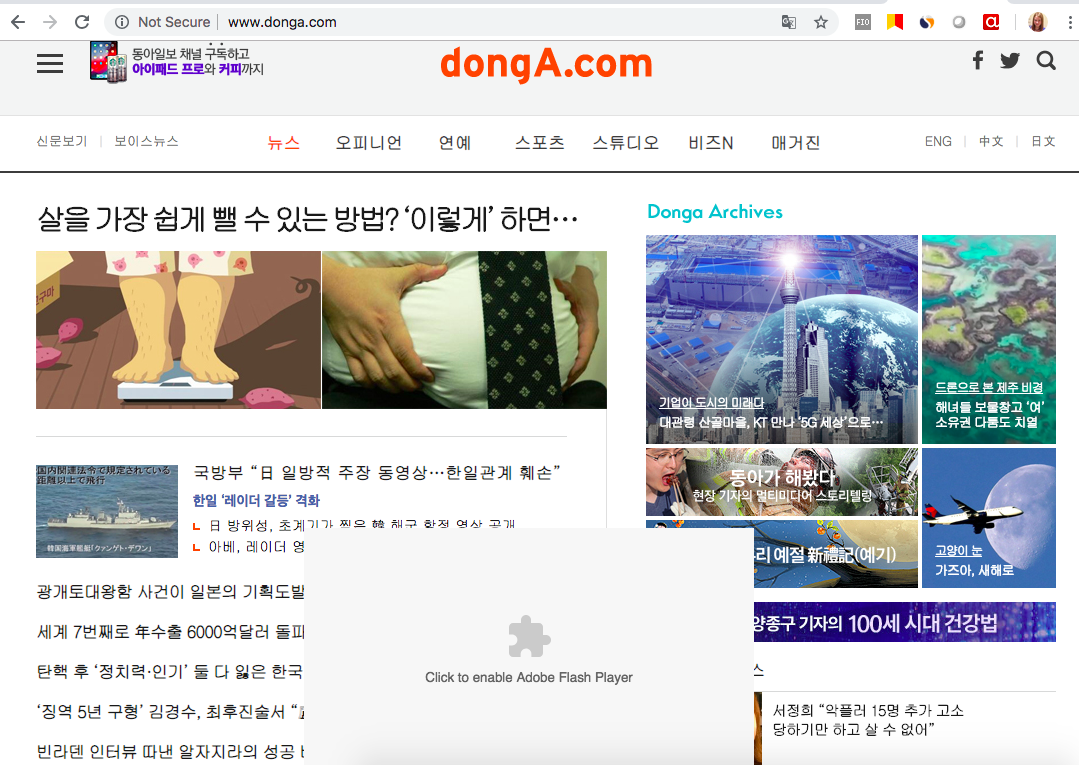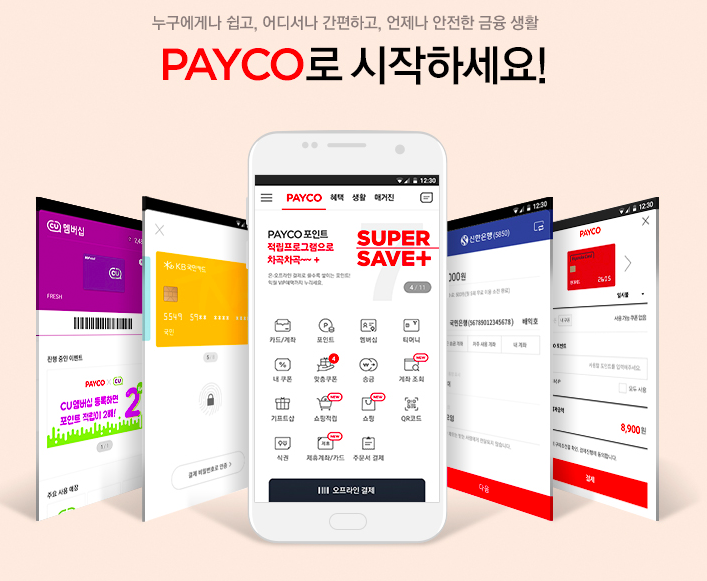Latest News
Barclaycard, which processes nearly half of the UK’s credit and debit card transactions, today announces that it will start accepting cards that run on the Discover Global Network across its UK merchant network.
Accepting these payment methods allows Barclaycard’s merchants to process transactions from the customers of Discover Global Network’s more than 10 network alliance partners and 55 countries where Diners Club cards are issued.
Cardholders are now able to pay at over 110,000 of Barclaycard’s UK merchants both in-store and online, with thousands more merchants set to start accepting Discover Global Network cards over the course of the year.
With growing numbers of overseas tourists and business travellers coming to the UK, Barclaycard’s extensive business customer base - which covers hotels, restaurants, travel providers, retail outlets and many other sectors - stand to benefit by offering these additional payment methods.
Overseas visitors and international shoppers are an ever-increasing customer segment for merchants. In 2017, the 39.2 million overseas visitors to UK spent a record of £24.5 billion, which marked a nine percent increase in value compared with the previous year.
Rob Cameron, CEO of Payment Acceptance at Barclaycard, said: “This partnership marks an important milestone for our business. Following the significant investment we have made in our platform, UK merchants are now able to seamlessly accept new payment methods.
“For the first time, Discover Global Network’s extensive cardholder base will be able to purchase from our UK merchants whether they’re in-store visiting the UK or shopping online from abroad. It also benefits our business customers as they can serve a wider audience, which ultimately could boost sales.”
Amy Parsons, senior vice president of global acceptance at Discover, said: “The UK continues to be a top destination for our cardholders who travel from around the world. Partnering with Barclaycard will provide merchant acceptance at the places where they are most likely to shop and create a more positive experience.”
Discover Global Network has more than 44 million merchant acceptance locations and two million ATM cash access locations across 190 countries and territories. Discover has established network to network alliances across the globe, including relationships in China, Japan, Korea, India, Brazil, Turkey, Nigeria and throughout Europe.

South Korea is one of the most peculiar countries. On one hand, Korea is really good with their products, brands, technology, innovation and distribution around the world. On the other — to the western eye local internet industry is weirdly lagging behind in some vital parts.
For instance, when you browse Korean websites, it seems their design and usability is stuck in 2000s. Flash videos (flash is not dead yet?), pop-up windows, ActiveX, sometimes the website won’t open unless you use Internet Explorer (yes, really). Well, it’s getting better every year, but still — far from what we are used to with our Google, Amazon, Facebook and the rest. Meanwhile, they also got amazing internet speed, everyone has a smartphone, e-commerce is huge, and everyone uses bank cards.

It is speculated that the reason behind such uneven evolution is internet protection. South Korea, just as Russia and China, has its own search engine — Naver. Own messenger — KakaoTalk, own strong gaming companies, etc. My guess is —the reason partially lies with Korean conglomerates. Just one company would be producing TVs, oil, managing bank, waste facilities, and developing an army app. Korea is divided between conglomerates that control all possible types of businesses, and leave very little to competition from smaller companies, much less foreign.
Payments is one of the industries that suffered from no competition, thus no innovation.
 from KCP website
from KCP website
The payment processing is made by four major companies — mostly KG Inicis and KCP. They were set up in the 1990s. Perhaps, that is the reason why the payment with the bank card or bank account on the e-commerce website requires user to install a special software to do that. Only recently it has stopped requiring Internet Explorer. Guess what, nothing changed, it is still this way.

But the booming e-commerce and strong gaming required a better process. Apparently, they could not make payment providers and banks to update this horrible payment scenario, so they started to create their own payment systems. Naver, the search engine and online portal, launched their NaverPay. Kakao messenger — KakaoPay. And NHN Entertainment — Payco. Their principle is all the same — it is a wallet that you store your credit card data with, and at the purchase only choose the relevant card, and confirm the payment with a password.
And thus, South Korea got 3 popular online payment systems that had nothing to do with traditional payment industry or payment providers.Something that the western fintech is afraid of — e-commerce companies and social networks killing them. Happened in South Korea, you guys!
---------
What the Money is a lifestyle channel & show about fintech, ecommerce, business and innovations by Anna Kuzmina. From Russia. With love. Follow Anna on Medium, Telegram или на Яндекс.Дзене.
Facebook's plan to introduce its own digital coin that people can send and receive, across borders, over WhatsApp is so advanced that talks are already underway with cryptocurrency exchanges about selling the new token, according to the New York Times.
Citing sources, the Times says that Facebook staffers have told the exchanges that a coin could be unveiled in the first half of this year.
By using the exchanges, Facebook would not have to hold the coins or vet customers, notes the Times. However, this approach would see the social media giant forgo some control over the new currency.
Although initially being touted for WhatsApp, the coin could eventually come to Messenger and Instagram users thanks to plans to connect the three messaging units.
The coin is likely to be pegged to a basket of different currencies, including the dollar and euro, making it unappealing to speculators, who have been the main users of traditional cryptocurrencies such as Bitcoin.
But Facebook is planning to use Bitcoin's underlying technology, blockchain, for the coin, freeing it from dealing with the big card schemes and alternatives such as PayPal, says the Times, citing sources.
Facebook set up its blockchain unit last year, giving it the freedom to operate as a startup under the leadership of former PayPal president and Coinbase board member David Marcus.
The new business has been busy building up its team and is understood to have a significant budget. However, its work has been shrouded in secrecy, with staffers getting separate key card access to keep out other Facebook staffers, says the Times.
Facebook is not alone: messaging firms Telegram and Signal are planning their own cryptocurrencies. These are set to be closer to Bitcoin, with a more decentralised approach and no pegging to fiat currencies.

